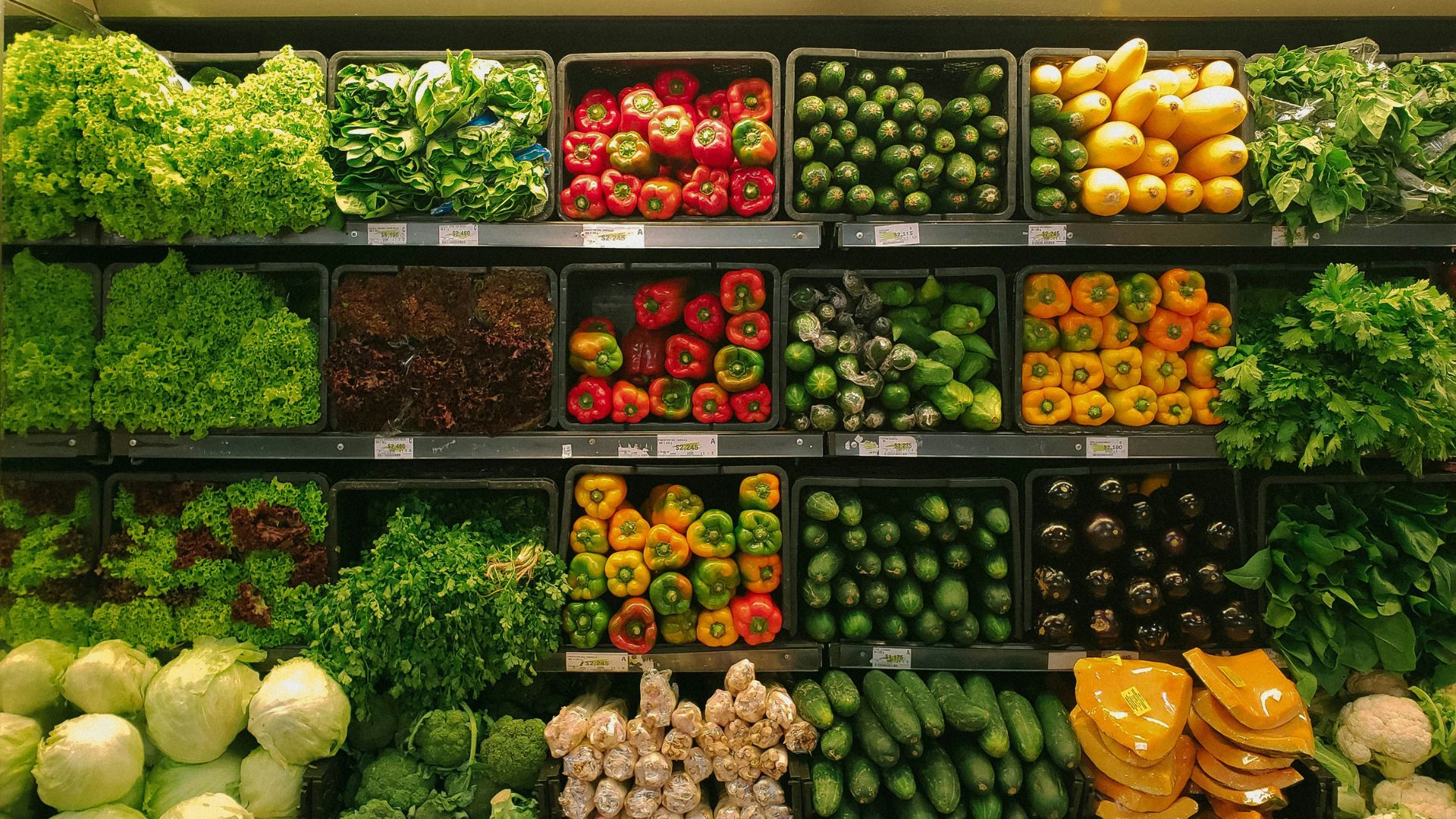A new study reinforces the idea that a diet high in ultra-processed foods may be detrimental to health and could potentially shorten lifespan.
However, overall dietary quality had a more significant impact on mortality outcomes than the consumption of ultra-processed foods alone. Additionally, not all ultra-processed foods carry the same level of risk.
Ultra-Processed Food Intake to Increased Risk of All-Cause Mortality

Led by researchers from the Harvard T.H. Chan School of Public Health, the international study found that higher consumption of ultra-processed foods is linked to a slightly increased risk of all-cause mortality from non-cancer and non-heart disease causes.
The findings were published in the British medical journal, The BMJ.
Risk Varies by Type of Ultra-Processed Food

The study noted that the risk varies among different types of ultra-processed foods. “Meat/poultry/seafood-based ready-to-eat products showed particularly strong associations with mortality,” the researchers wrote.
However, the associations also extended to sugar and artificially sweetened beverages, white bread, dairy-based desserts, and ultra-processed breakfast foods.
Study Advocates for Limiting Certain Ultra-Processed Foods

“The findings provide support for limiting consumption of certain types of ultra-processed food for long-term health.
Future studies are warranted to improve the classification of ultra-processed foods and confirm our findings in other populations,” the research concluded.
Cautions Against Misleading Health Assumptions

An accompanying editorial in The BMJ highlighted that not all ultra-processed foods present the same health risks.
Kathryn E. Bradbury and Sally Mackay, nutrition experts from the University of Auckland, cautioned that “recommendations to avoid ultra-processed food may also give the impression that foods that are not ultra-processed are healthy and can be freely consumed. This is problematic.”
Editorial Critiques Global Food System

Bradbury and Mackay also pointed out that “our global food system is dominated by packaged foods that often have a poor nutritional profile,” which are designed by multinational companies to be marketable and profitable.
According to The Washington Post, ultra-processed foods include a wide range of items such as cookies, doughnuts, potato chips, hot dogs, white bread, and frozen meals. These foods are typically made with industrial ingredients intended to reach a “bliss point” that makes them highly craveable and often low in essential nutrients like fiber, vitamins, and minerals.
Largest Study to Date

This study is the largest and most extensive to link high consumption of ultra-processed foods to early death.
Mingyang Song, the study’s lead author and a professor of clinical epidemiology and nutrition at Harvard T.H. Chan School of Public Health, noted that interest in the impact of ultra-processed foods on health has increased alongside their consumption, which now accounts for over 60% of daily calories in Americans.
Acknowledges Limitations in Causation

The observational study involved 74,563 female nurses from the Nurses’ Health Study (1984-2018) and 39,501 male participants from the Health Professionals Follow-up Study (1986-2018). None of the participants had a history of cancer, heart disease, or diabetes when they began the study.
The study had limitations, including its inability to establish causation, only association. “People who consume a lot of ultra-processed foods tend to engage in other unhealthy habits,” which were accounted for in the analysis, but other factors may also have influenced the results.
Variability in Ultra-Processed Food Risk

The editorial noted that the association between ultra-processed food consumption and mortality was somewhat stronger when distilled alcohol was included in the ultra-processed category and somewhat weaker when packaged whole grain products were considered ultra-processed.
Researchers noted that whole grains, even in ultra-processed forms, can be a healthy choice, and high-quality diets rich in fruits, vegetables, whole grains, and healthy fats did not show a clear association between ultra-processed food intake and premature death.
Advocates for Broader Adoption of Effective Food Policies

Freepik
The editorialists also pointed out successful interventions in various countries, such as restricting unhealthy food marketing to children, adding warning labels, taxing sugary drinks, and banning partially hydrogenated oils.
They advocated for broader adoption of these measures and protection against policies influenced by multinational food companies.
Linked to Mortality, Cancer, and Mental Health Issues

A comprehensive analysis published in The BMJ in March identified numerous health issues associated with ultra-processed foods, including mortality, cancer, and mental health concerns.
Researchers highlighted “convincing evidence” linking these foods to all-cause and cardiovascular mortality, Type 2 diabetes, obesity, anxiety, and other mental health challenges.
Whole Foods Benefits

Studies from Italy and the U.S. in 2022 further emphasized the benefits of preparing meals from whole foods. They found that men face a higher risk of colon cancer from ultra-processed food, while both genders face increased heart disease risk.
“Literally hundreds of studies link ultra-processed foods to obesity, cancer, cardiovascular disease, and overall mortality,” said Marion Nestle, a food politics and marketing expert and professor emerita at New York University.








































